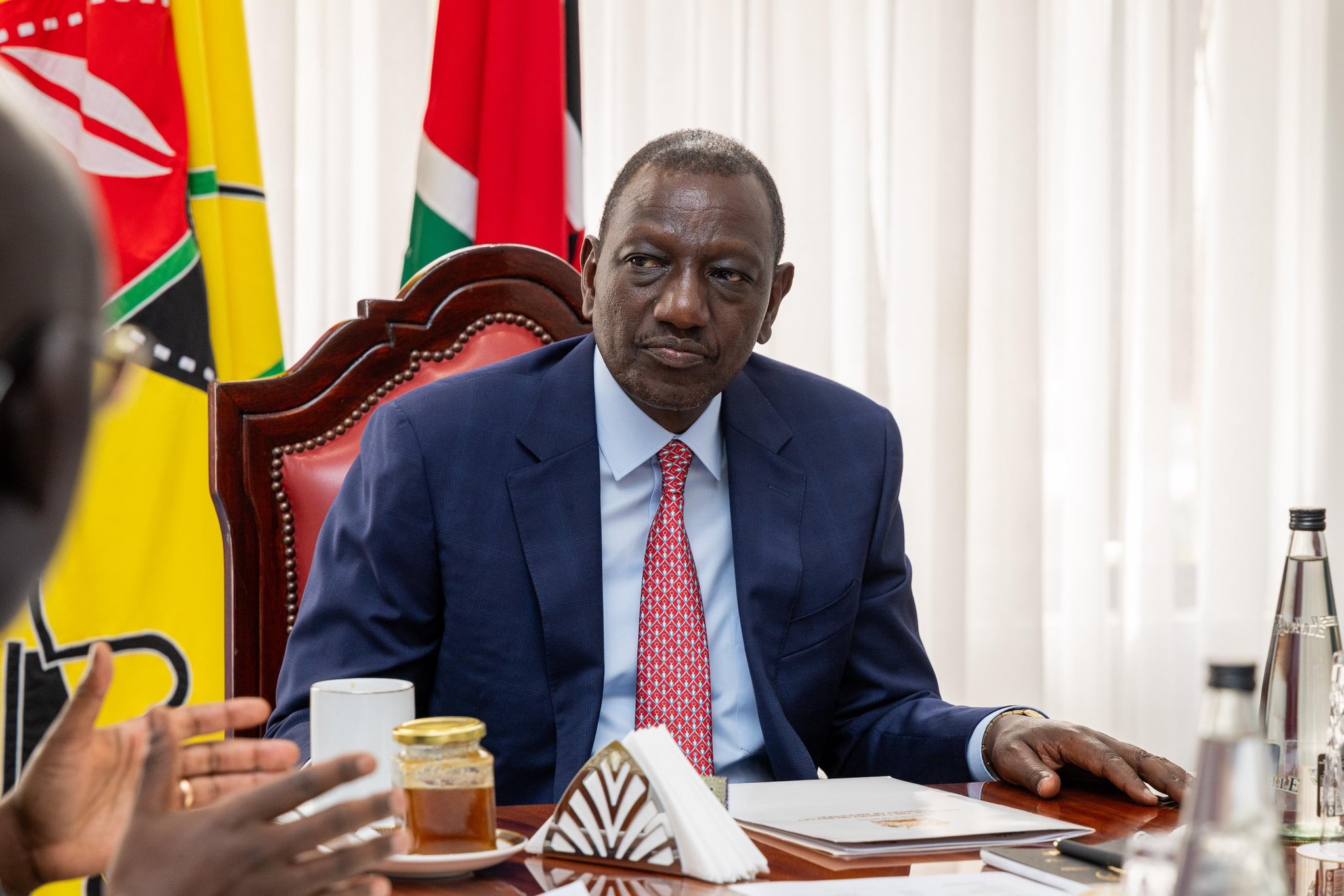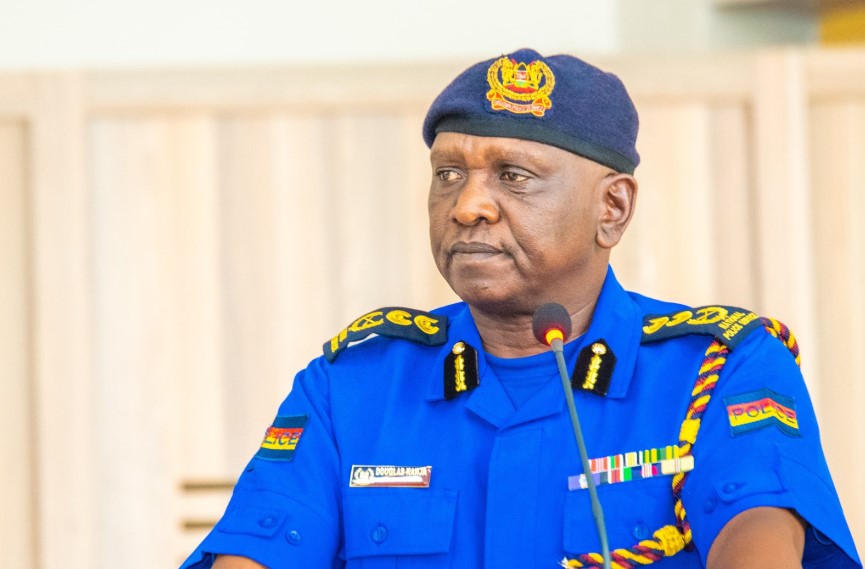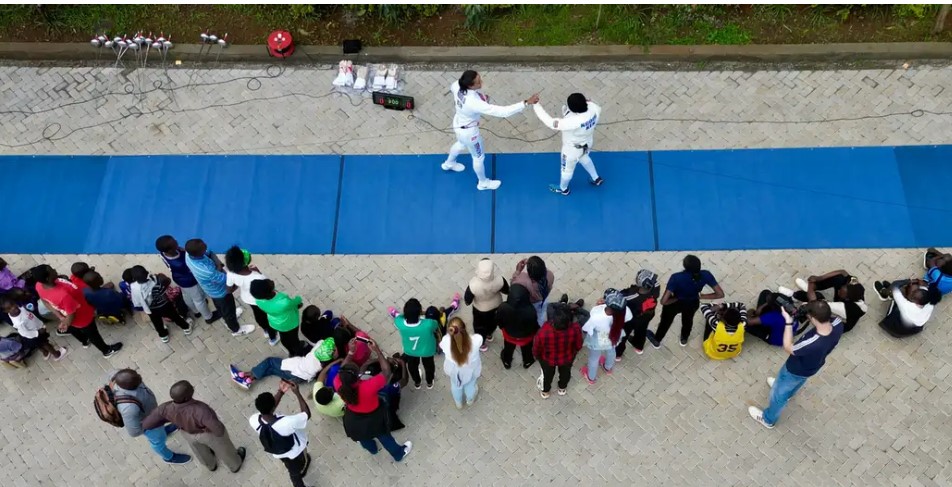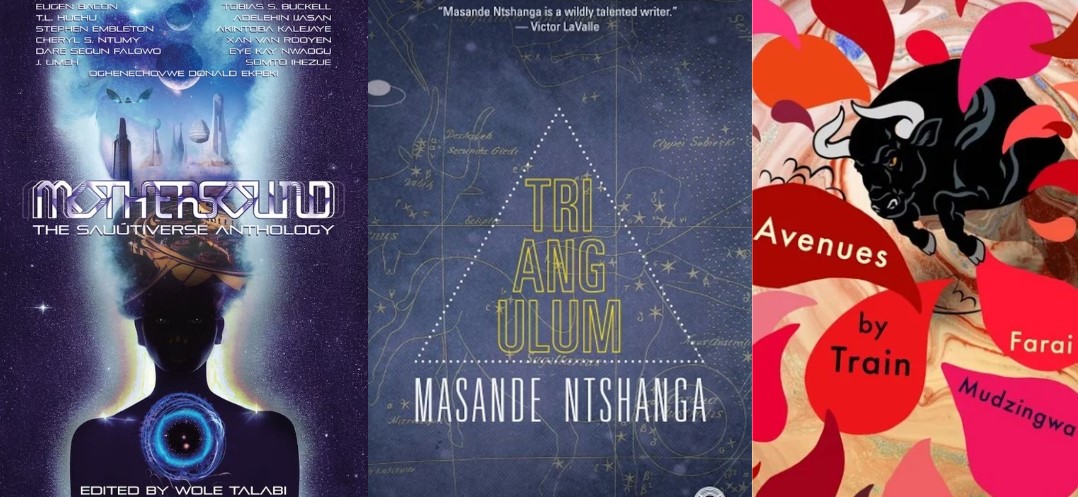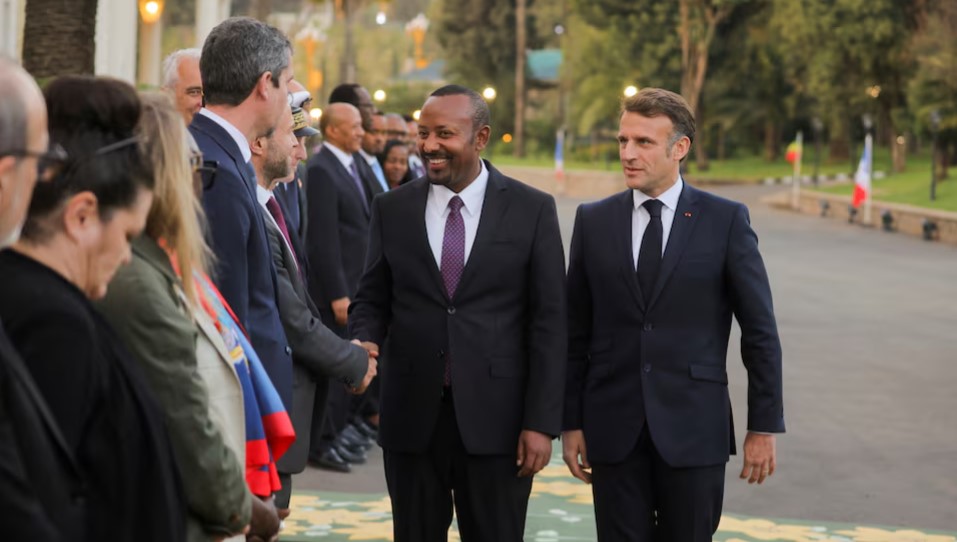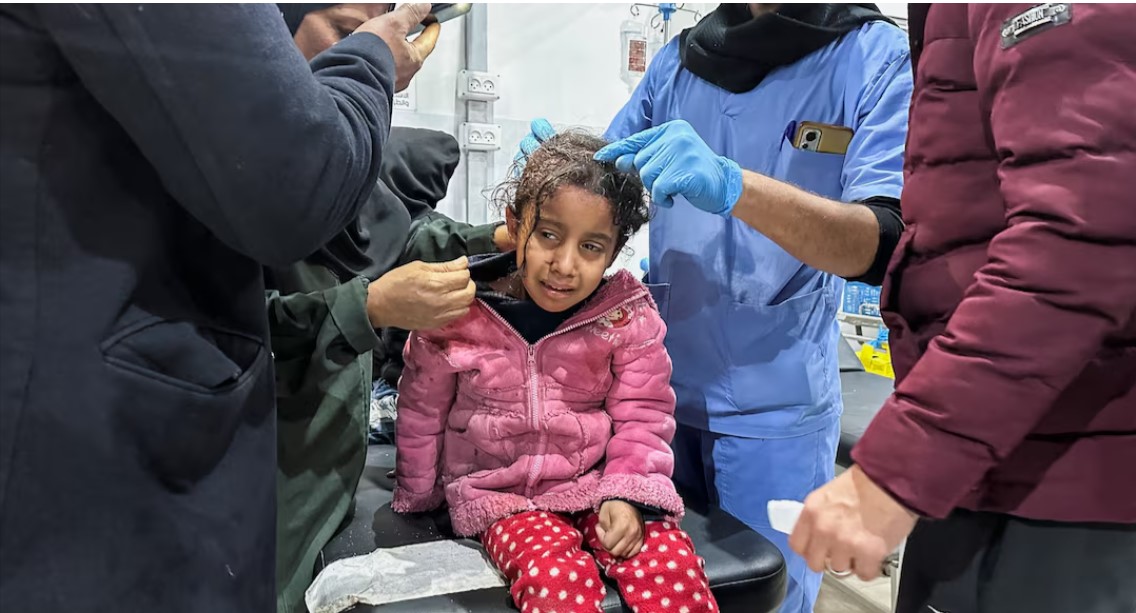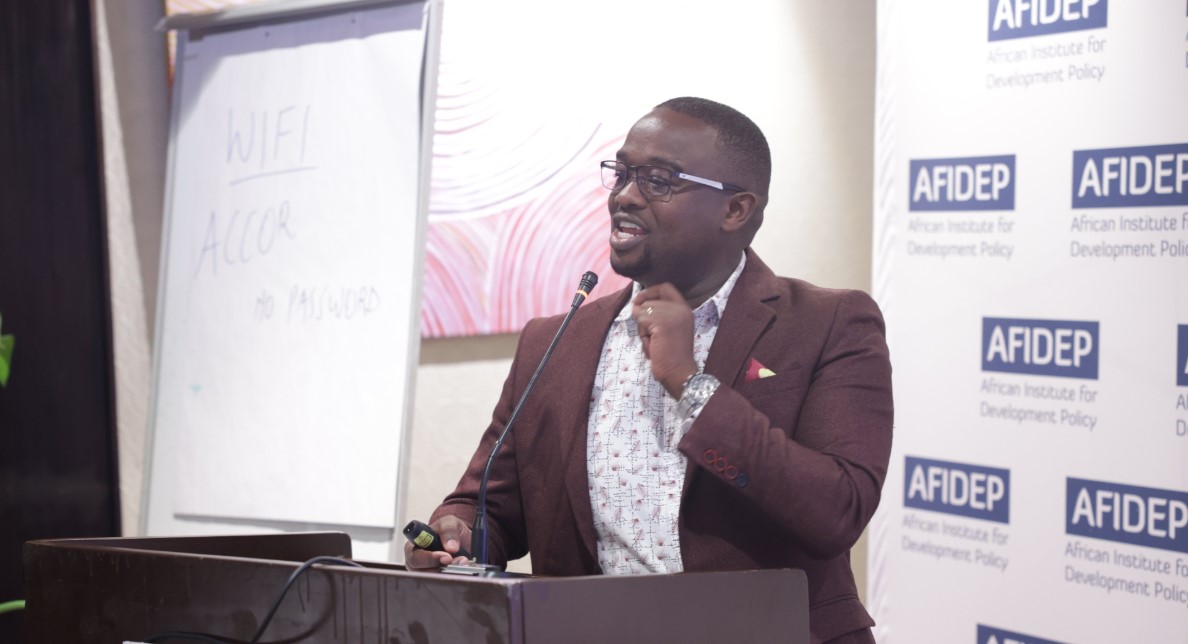How unfair verdicts blot Somali's maslaha justice system
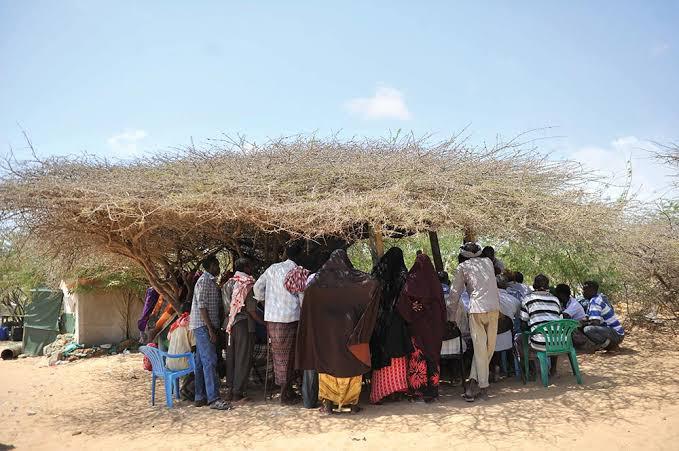
By Hanifa Adan |
The influence of clans and traditional hierarchies can sometimes overshadow principles of fairness and equality, complicating efforts to achieve truly impartial outcomes
Halima Omar (not her real name) is not happy with the alternative dispute resolution (ADR) system used in her Somali community, which he says failed to save her from an abusive marriage.
She says her experience with the traditional justice system — known as maslaha — has left her traumatised for years.
Keep reading
“The words and the decisions of the elders have so much power, so my weak defence holds nothing against them. Every time I wanted to leave home because of the physical and mental abuse I was getting from my husband, he would call a meeting and they would tell me that no marriage is perfect and I should tolerate it for the sake of the children,” Halima says.
She claims that most elders are usually paid to side with the perpetrators, tainting the good image of the system.
In the Somali community, maslaha is woven into the very fabric of daily life, rooted in centuries-old traditions of negotiation, mediation, and reconciliation.
But this system of seeking justice has also been found to have some gaps, with some victims like Halima claiming bias against them and a lack of fairness.
Elders, revered for their wisdom and impartiality, have historically served as mediators and arbitrators, resolving disputes in ways that uphold the principles of community harmony and justice.
These informal processes, governed by customary laws known as "xeer," have provided a vital means of resolving conflicts and maintaining social cohesion within Somali society.
While ADR holds immense cultural significance in the Somali community, its practice is not without its limits and challenges.
One main concern is the potential for coercion and abuse of power, particularly in cases where vulnerable individuals such as women and children face undue pressure to accept unfair resolutions.
Moreover, the influence of clans and traditional hierarchies can sometimes overshadow principles of fairness and equality, complicating efforts to achieve truly impartial outcomes.
But there are those who see the maslaha system as an ideal one for the Somali community.
Adan Maalim, a 76-year-old man, says ADR in the Somali community stands as a testament to the resilience and adaptability of tradition.
“I have been a member of our alternative dispute resolution group in my community for over 20 years. It has helped resolve a lot of cases amicably, retaining the communal and brotherly bond among us. From married couples’ disputes, land issues, divorce cases, and siblings’ cases among others.”
Adan adds that there are no limits to the types of cases they handle as this entirely depends on the parties involved.
However, gender equality and access to justice are of particular concern within the Somali ADR.
Women often face systemic barriers to meaningful participation in ADR processes, with patriarchal norms and cultural biases shaping the dynamics of dispute resolution. As a result, women may find themselves marginalised or silenced within these settings, unable to assert their rights or challenge discriminatory practices.
“My brother was stabbed and killed by our neighbour, and we have never received justice up to now. The case was settled by the elders and money changed hands. My father had an agreement with them, which he did not disclose to us. Whether it was intimidation or compensation, the perpetrator walks free and still lives amongst us,” says a source who declined to be identified due to the sensitivity of the matter.
The Kenyan constitution acknowledges that there are issues that cannot be adequately addressed by the alternative justice system.
“Certain cases are not allowed to be considered for ADR and must be settled by Kenyan Courts, a prime example being sexual offenses,” says lawyer Sumaiyah Omar.
Sumaiyah observes that the nature of ADR, which entails parties agreeing to a facilitated middle ground, is often not fair to one of the parties.
“This can be influenced by the type of facilitators and other societal pressures that often leave women, children, and other vulnerable people with a weaker bargaining power. The advocacy around ADR should be aimed to empower such vulnerable groups to understand the magnitude of ADR and the implications of any decisions reached in the process,” Sumaiyah says.
Caydid Khan, a resident of Mandera and a scholar, says that the adoption of the maslaha system is encouraged by the Islamic faith and Somali culture.
“Murder cases are resolved by the elders where blood compensation is paid to the family of the deceased in exchange for forgiveness and freedom for the killer,” says Khan.
He says that one of the challenges facing the maslaha system is the failure to incorporate modern laws into it by Acts of parliament and also the literacy levels of the elders solving the cases.
He urges stakeholders from northern Kenya to push for the incorporation of the maslaha system into the Kenyan judicial system.
Reader comments
Follow Us and Stay Connected!
We'd love for you to join our community and stay updated with our latest stories and updates. Follow us on our social media channels and be part of the conversation!
Let's stay connected and keep the dialogue going!


